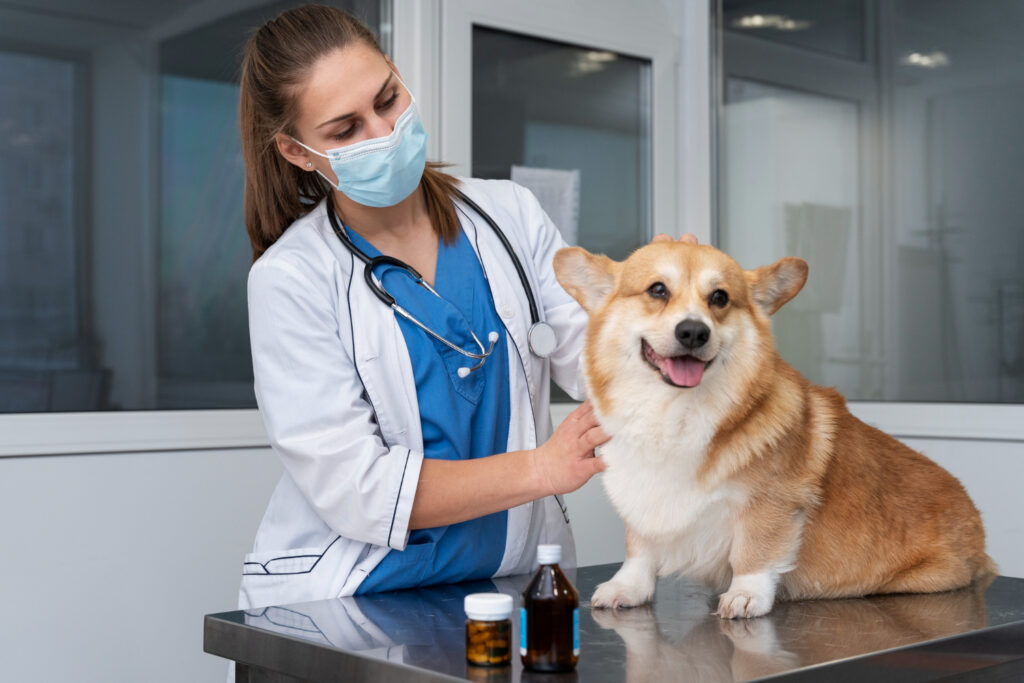Keeping Your Dog Healthy: A Comprehensive Guide
Dogs are more than just pets; they are beloved family members. Ensuring their health is crucial for their happiness and longevity. Here’s a comprehensive guide to maintaining your dog’s health, covering diet, exercise, regular veterinary care, and more.
1. Nutrition: The Foundation of Health
A balanced diet is vital for your dog’s overall health. Here are some key points to consider:
- Quality Ingredients: Choose high-quality dog food that lists meat as the primary ingredient. Look for brands that meet the Association of American Feed Control Officials (AAFCO) standards.
- Life Stage Nutrition: Puppies, adults, and senior dogs have different nutritional needs. Make sure to select food that matches your dog’s life stage.
- Portion Control: Follow feeding guidelines provided on the food packaging, but adjust based on your dog’s activity level and weight.
- Fresh Water: Always provide fresh, clean water. Hydration is crucial for digestion and overall health.
2. Regular Exercise
Exercise is essential for maintaining a healthy weight and ensuring mental stimulation. Here are some tips for keeping your dog active:
- Daily Walks: Aim for at least 30 minutes of walking each day, adjusting for your dog’s breed and energy level.
- Playtime: Engage in interactive play, such as fetch or tug-of-war, to keep your dog physically and mentally stimulated.
- Socialization: Regular playdates or visits to dog parks can enhance your dog’s social skills and overall happiness.
3. Preventive Veterinary Care
Regular veterinary visits are crucial for early detection of health issues. Here’s what to consider:
- Routine Check-Ups: Schedule annual check-ups for vaccinations, dental cleanings, and general health assessments.
- Vaccinations: Keep your dog up-to-date on vaccinations to protect against common diseases.
- Parasite Control: Discuss flea, tick, and heartworm prevention with your vet to keep your dog safe from parasites.
4. Dental Health
Oral hygiene is often overlooked but is vital for overall health. Consider the following:
- Regular Brushing: Brush your dog’s teeth regularly with toothpaste specifically designed for dogs.
- Dental Chews: Provide dental treats to help reduce plaque and tartar buildup.
- Professional Cleanings: Schedule professional dental cleanings as recommended by your veterinarian.
5. Grooming and Skin Care
Proper grooming helps maintain your dog’s skin and coat health. Here are some grooming tips:
- Brushing: Regularly brush your dog’s coat to reduce shedding and prevent matting.
- Bathing: Bathe your dog as needed, using dog-specific shampoos to avoid skin irritation.
- Nail Trimming: Keep your dog’s nails trimmed to prevent discomfort and potential injury.
6. Mental Stimulation
Mental health is just as important as physical health. Here are ways to keep your dog mentally engaged:
- Puzzle Toys: Use interactive toys that challenge your dog’s problem-solving skills.
- Training: Teach new commands or tricks to keep their minds sharp.
- Variety in Activities: Rotate toys and introduce new activities to prevent boredom.
7. Recognizing Health Issues
Being observant is key to early intervention. Watch for signs of health issues, such as:
- Changes in appetite or weight
- Lethargy or decreased activity levels
- Excessive scratching or licking
- Changes in bathroom habits
If you notice any unusual behaviors, consult your veterinarian promptly.
Conclusion
A healthy dog is a happy dog. By focusing on proper nutrition, regular exercise, preventive care, and mental stimulation, you can help ensure your furry friend enjoys a long, healthy life. Remember, each dog is unique, so tailor your approach to fit their specific needs. Regular check-ups with your veterinarian will help guide you in providing the best care possible. Your commitment to their health will be rewarded with years of companionship and joy


